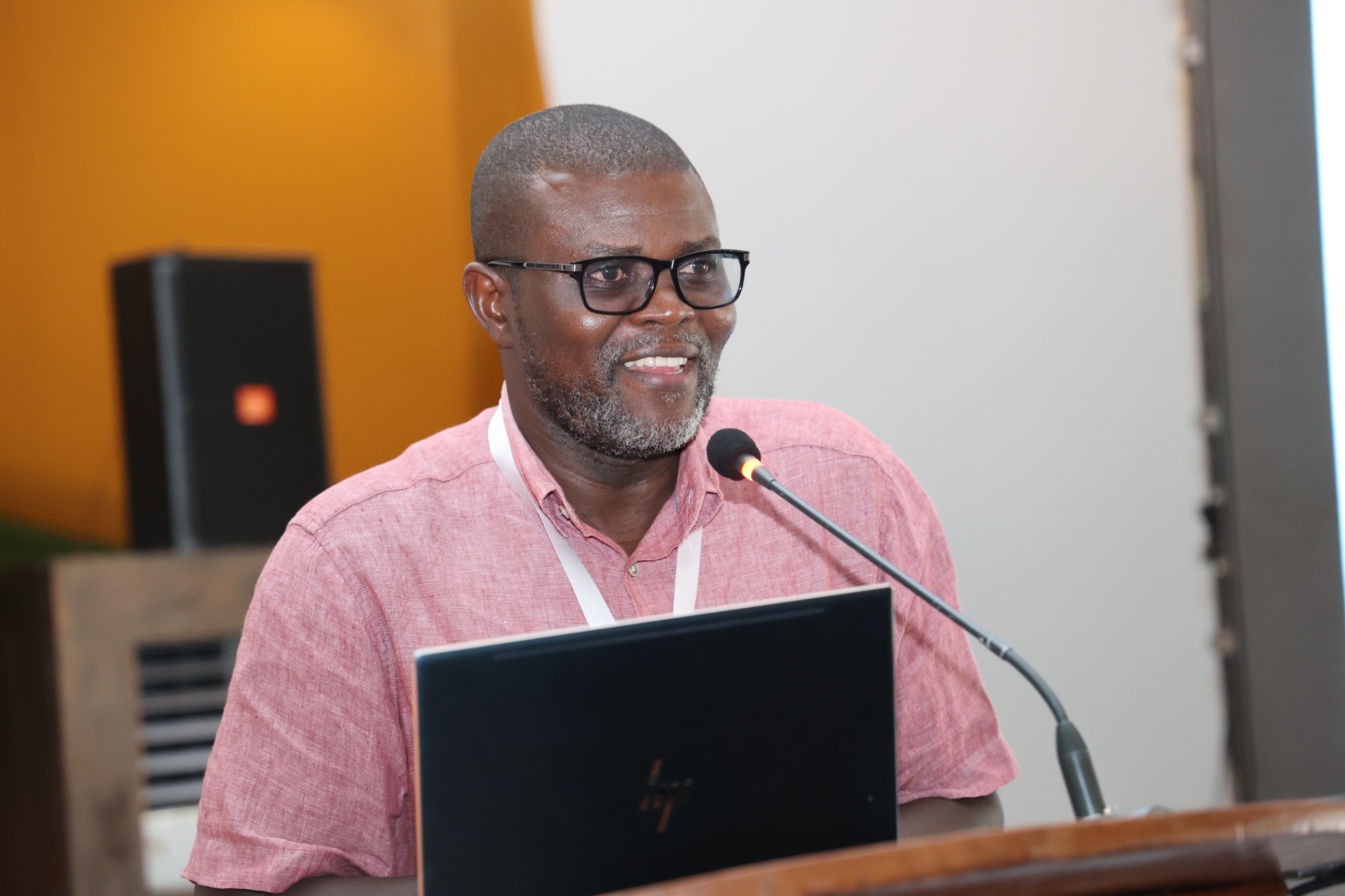 Dr. Richard Oduor, Chair of the Kenya University Biotechnology Consortium (KUBICO) urges the government and donors to invest more resources in biotechnology infrastructure and capacity building./FILE
Dr. Richard Oduor, Chair of the Kenya University Biotechnology Consortium (KUBICO) urges the government and donors to invest more resources in biotechnology infrastructure and capacity building./FILEKenyan scientists have warned that the country risks falling behind its neighbours in adopting modern crop biotechnology.
Dr Richard Oduor, chair of the Kenya University Biotechnology Consortium (Kubico) noted that Kenyan researchers are making major strides in developing climate-resilient and pest-tolerant crops through genome editing and synthetic biology.
“But that progress is being hampered by slow regulatory processes and repeated court battles that delay field trials,” Oduor warned.
Oduor said crops including maize, cassava and sorghum are already in the pipeline, with research focusing on traits that improve resilience against pests, diseases and environmental stress.
One of the biggest challenges under study is striga, a parasitic weed that attacks maize, sorghum, rice, and increasingly, cowpeas.
“We are looking at what triggers striga to emerge in the soil,” Oduor explained.
“When soils lack phosphorus, crops release chemicals known as strigolactones to attract microorganisms that help them access nutrients. Unfortunately, striga detects the same signals and attacks the host plant.”
In order to address this, researchers are now using genome editing and synthetic biology to engineer soil microorganisms so they can naturally make phosphorus soluble.
These microbes will be used as bio-fertilisers, reducing reliance on synthetic fertilisers that pollute water bodies and contribute to greenhouse gas emissions.
“This approach will cut production costs. The bacteria will be coated onto seeds so that as the crop germinates, the roots are colonised immediately. Farmers won’t need to apply traditional fertilisers,” he said.
Oduor added that cassava research is advancing, with a virus-resistant variety being one of the latest developments.
Scientists are also working to extend cassava’s shelf life, which is often cut short by rapid browning and deterioration after harvesting.
“When cassava is cut, certain secondary metabolites react with oxygen, causing discoloration,” he said.
“Through genome editing, we slow down the production of those compounds so the tuber can stay fresh for longer.”
Despite the scientific progress, Oduor expressed concern over the long wait for confined field trials and eventual commercialisation.
“We have many transgenic seeds ready to move from the lab to field trials, but the regulatory pathway is slow and often disrupted by litigation,” he said.
He pointed out that neighbouring countries are moving faster in adopting the same technologies.
“Every small issue ends up in court. While everyone has a right to challenge decisions, constant litigation slows down innovation, delays farmers' access to improved seeds and hurts the country’s food security goals.”
He called on the government and donors to invest more resources in biotechnology infrastructure and capacity building.
The judiciary, he said, should ensure science-based decisions are made efficiently.
Oduor spoke during the 8th OFAB Africa Media Awards (OMAs) held at the Ole Sereni Hotel in Nairobi.
The awards celebrate journalists covering agricultural biotechnology, which is key in tackling climate change, pests and crop diseases.
A Kenyan journalist won the overall prize, beating competitors from nine other African countries, including Uganda, Tanzania, Ethiopia, Rwanda, Malawi, Mozambique, Burkina Faso, Nigeria and Ghana.
Nancy Muchiri of the African Agricultural Technology Foundation pointed out that poor communication has significantly undermined public understanding of biotechnology.
“Communication is a science we ignored for many years,” she said.
“Without it, policies shift, political positions change and promising technologies die because key decision-makers genuinely don’t know what these innovations are about.”
Muchiri noted that misinformation, often spread unintentionally, can be corrected through proper engagement. However, disinformation, which is the deliberate spreading of falsehoods, remains a bigger challenge.
“For misinformation, we educate and it disappears. But disinformation is intentional and harder to fight,” she said.
“This is why communication must go hand-in-hand with policy and scientific progress.”













![[PHOTOS] Three dead, 15 injured in Mombasa Rd crash](/_next/image?url=https%3A%2F%2Fcdn.radioafrica.digital%2Fimage%2F2025%2F11%2Fa5ff4cf9-c4a2-4fd2-b64c-6cabbbf63010.jpeg&w=3840&q=100)



